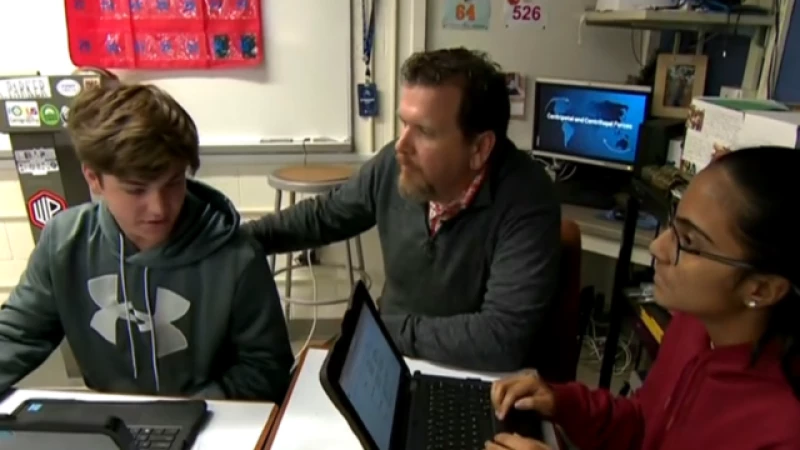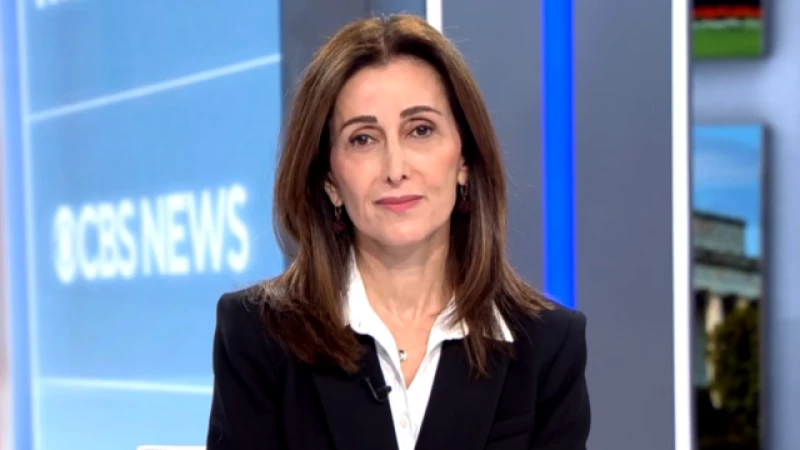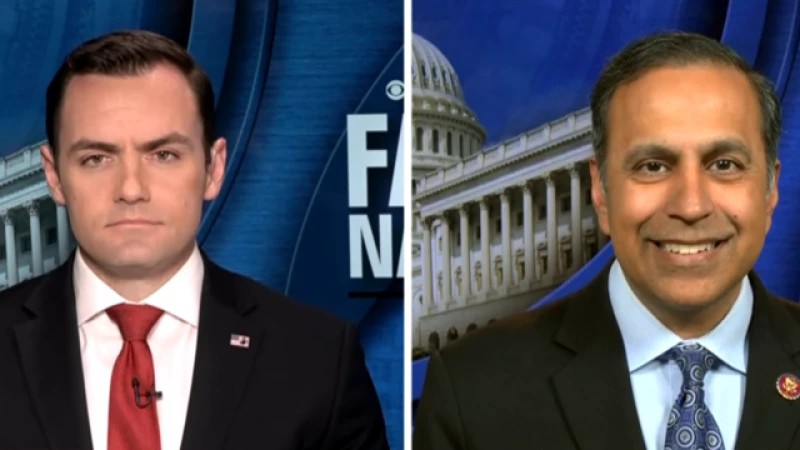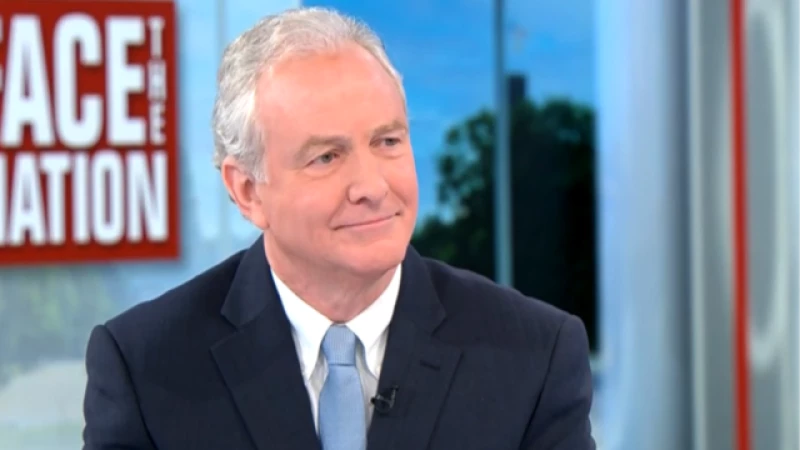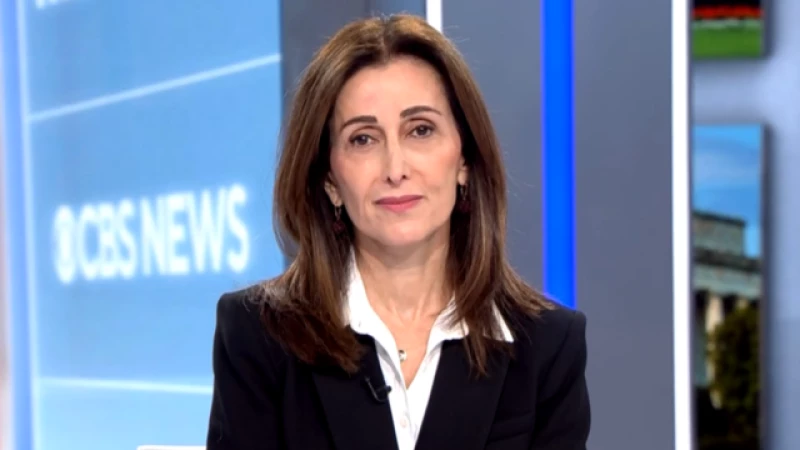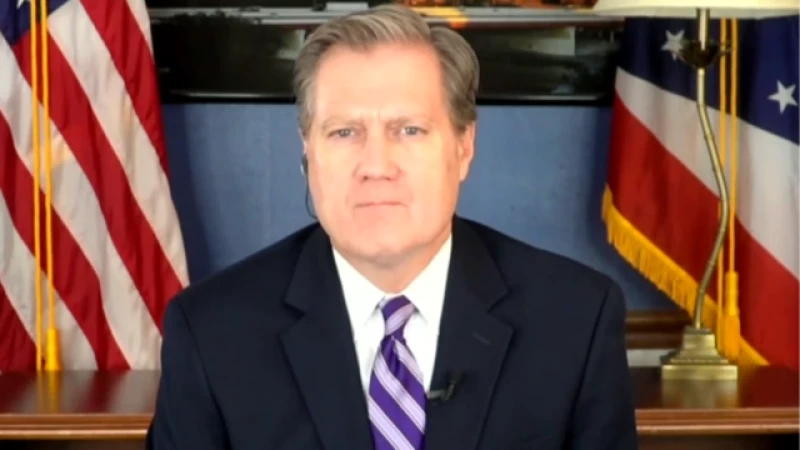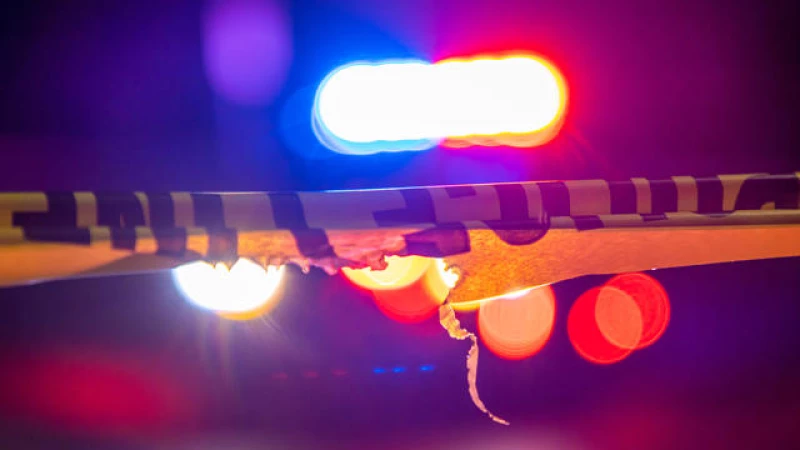Educators Grapple with Teaching About the Israeli-Palestinian Conflict
As Israel continues its assault on the Gaza Strip, teachers in the U.S. are faced with the challenge of educating their students about the region.
Stewart Parker, an AP human geography teacher at Florida's Winter Park Ninth Grade Center, is tasked with teaching freshmen the history of one of the world's most enduring conflicts, and helping them separate fact from fiction.
That task can prove difficult, Parker says, adding that he knows headlines about the conflict do not stay within his classroom walls.
A recent survey from Deloitte found 51% of Gen Z teenagers get their daily news from social media platforms. Their screens are now often filled with images of war.
"Especially in the Gaza Strip, I saw, like, images and videos of ambulances rushing kids younger than me out," said ninth grader Grace Caron.
She and other classmates are left to scroll through an avalanche of information — some of it inaccurate.
Riley Derrick, also a freshman, said the mis- and disinformation is unavoidable.
The Anti-Defamation League said 70% of participants in a recent study reported seeing misinformation or hate related to the conflict while on social media.
Still, Parker told CBS News his students give him hope.
Young People Harness the Power of Social Media to Create Positive Change
Young people today are using social media as a platform to identify and address societal issues. According to Derrick, a young activist, social media allows them to see problems and take action to solve them.
"Since they're constantly on their social media, they see problems, but they want to fix them," he said.
Through social media platforms, young individuals are able to connect with like-minded individuals and amplify their voices. They are able to spread awareness about various issues and mobilize others to join their cause.
"This is the world we're taking in, and we can make impacts and try to improve it," Derrick said.

